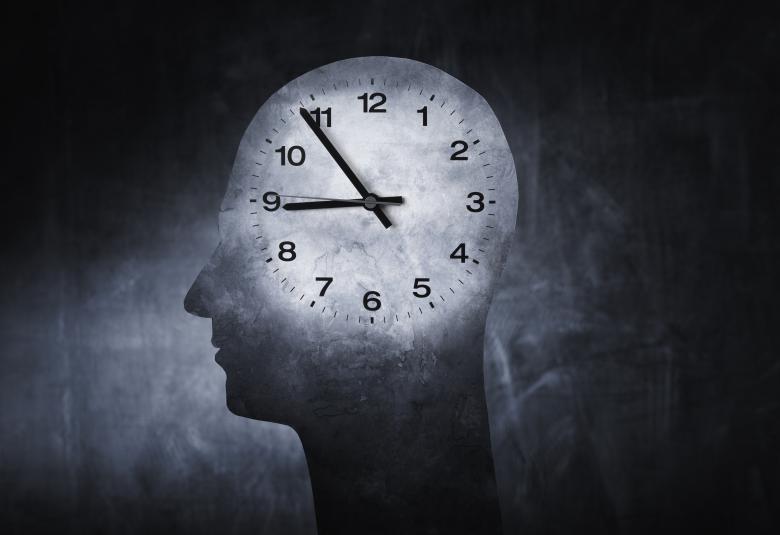How do you diagnose major depression (MDD)?
The starting point is a good clinical history including examination of mental status, past history, vegetative symptoms of depression, presence of psychosocial distress, and medical comorbidities. We would also check for personality disorder. We use the HAM-D scale and the Patient Health Questionnaire-9 (PHQ-9) in some cases.
What are the most significant challenges facing the treating clinician?
In the Middle East, it can be hard to convince patients to take medication. They are more interested in psychotherapy. And that is a major contrast to the United States, where I worked for twenty years.
Remission is mostly patients “being back to themselves”
You have to have good rapport with the patient as well as being a good psychopharmacologist. Education is essential to overcome cultural resistance and convince patients to take medication. People have in mind the old idea that antidepressants and mood stabilisers make them groggy. Women in particular are afraid of weight gain; and there is the possibility of sexual problems. Both are common reasons for stopping medication
More recent agents are less problematic in these respects. But we have to emphasise that while there are side effects of medication, there are adverse consequences of not taking medication – especially for the brain.
We have to change the mindset, and it is a daily struggle. Patients have to understand the risks of the illness, not just of the therapy. Depression causes a lot of damage.
The plethora of generics is also a problem since many are poor quality and so poorly tolerated.
How do you define remission?
Every physician has a different way. I ask the patient to list seven important things they used to do before they were depressed but haven’t done since. That could include exercise, or going to movies, or seeing their mother. And we re-evaluate the situation every six months. If people have returned to doing the things most important to them, that’s remission.
We can also ask a family member if the patient is back to him or herself. Psychiatry is not internal medicine. There are many things that can’t be measured. I define remission not by numbers but by a way of living. I ask about sleep and about cognition – in its many aspects -- which are related. But mostly it is about patients being “back to themselves”.




